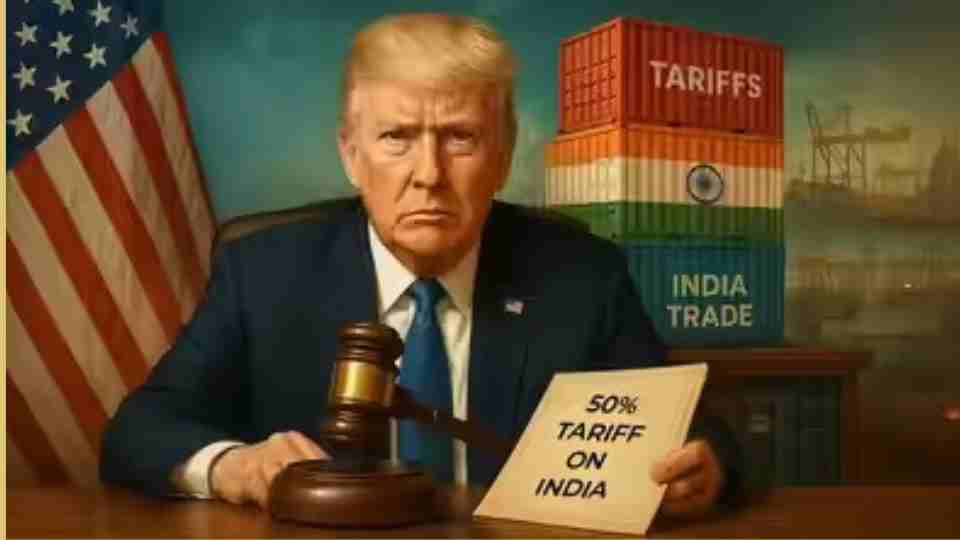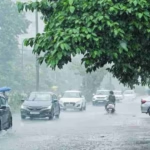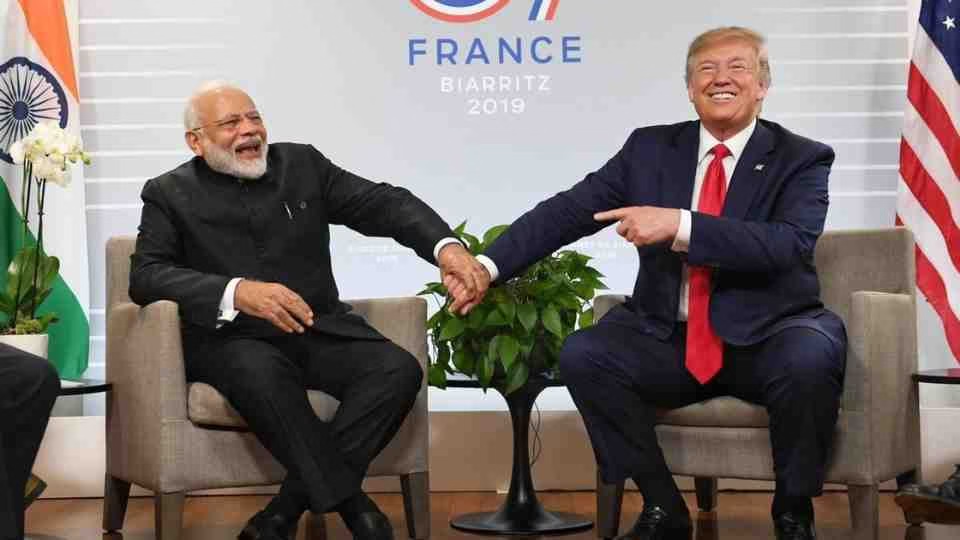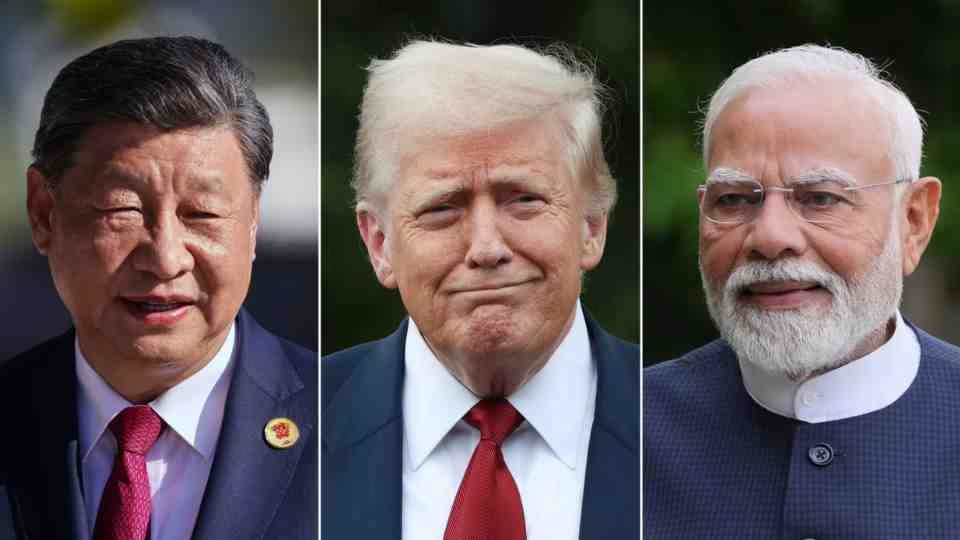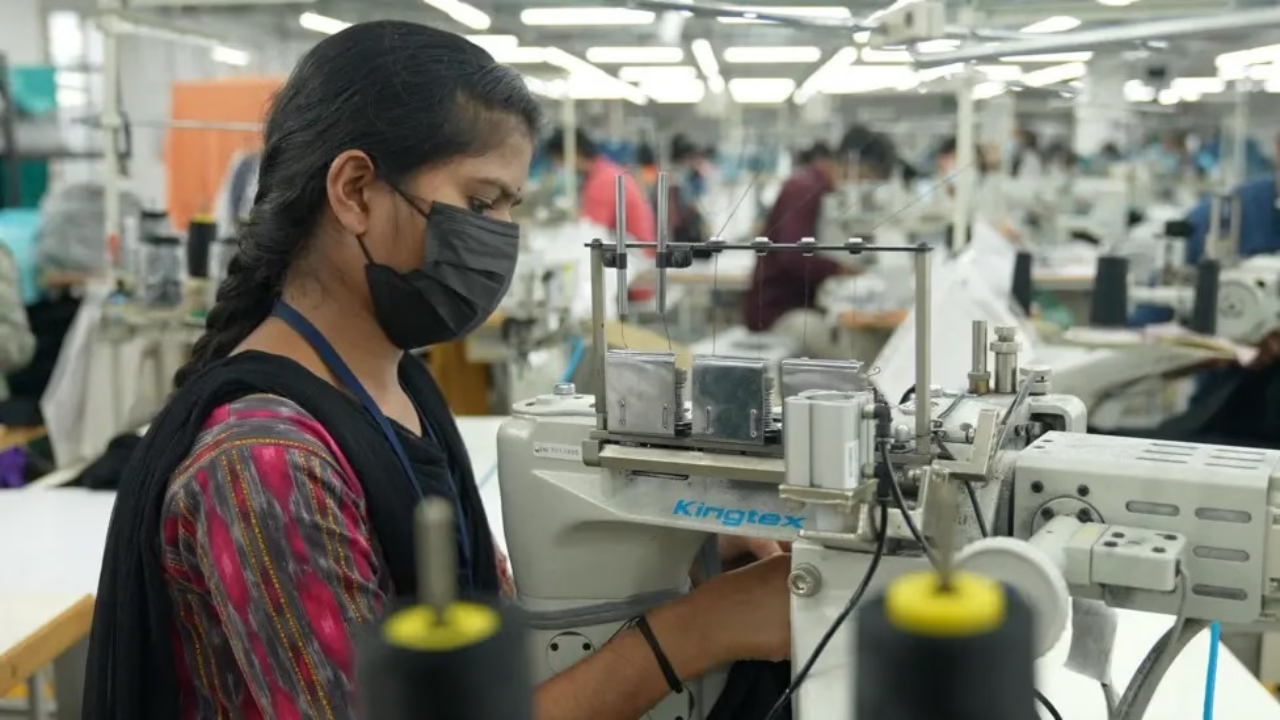WASHINGTON/NEW DELHI – As the United States prepares to implement sweeping new tariffs on Indian goods, Prime Minister Narendra Modi delivered a defiant message of economic resilience, promising to protect India’s most vulnerable businesses and workers from mounting international pressure.
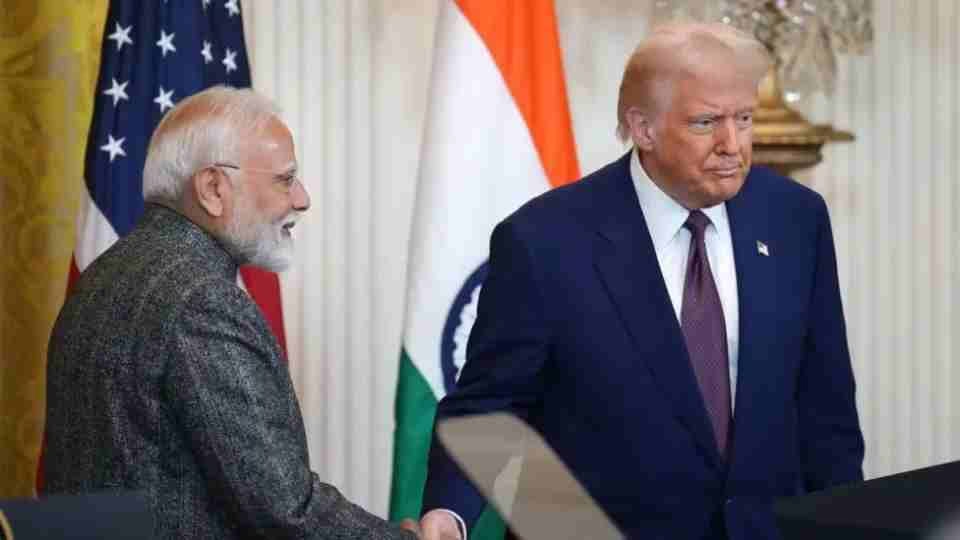
US Announces Punitive Tariffs
The Trump administration has formally announced the imposition of additional 25% tariffs on Indian imports, scheduled to take effect at 12:01 AM Eastern Time on August 27, 2025. The Department of Homeland Security issued the official notice, citing India’s continued purchase of Russian crude oil as justification for the punitive measures.
“The duties set out in the Annex to this document are effective with respect to products of India that are entered for consumption, or withdrawn from warehouse for consumption, on or after 12:01 am Eastern Daylight Time on August 27, 2025,” the notice stated.
The new levies are being implemented as part of broader US sanctions targeting what the administration describes as “threats to the United States by the Government of the Russian Federation.” India finds itself caught in this geopolitical crossfire due to its ongoing energy trade relationship with Moscow.
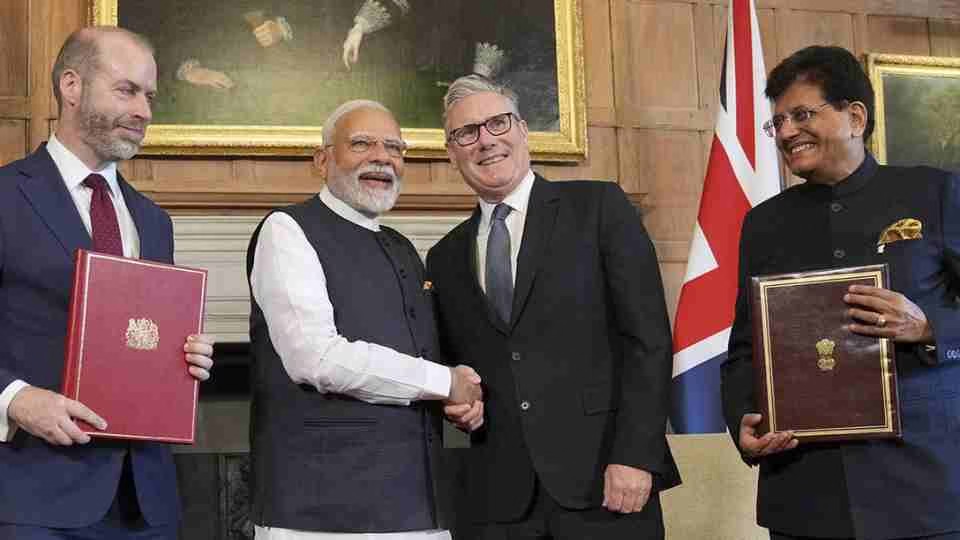
Escalating Trade Tensions
The latest tariff announcement represents a significant deterioration in US-India trade relations. President Trump has now doubled tariffs on Indian goods to a staggering 50%, combining existing duties with the new 25% surcharge specifically targeting India’s Russian oil purchases.
This escalation marks one of the most severe trade disputes between the two nations in recent years, with India’s energy security policies directly clashing with US foreign policy objectives regarding Russia.
Modi’s Defiant Response
Speaking at a public rally in Ahmedabad’s Nikol area on Monday, just two days before the tariffs were set to take effect, Prime Minister Modi struck a tone of determined resistance. He assured the gathered crowd that India would weather the economic storm through strengthened domestic resilience.
“No matter how much pressure comes, we will keep increasing our strength to withstand it,” Modi declared from the stage, emphasizing his government’s commitment to protecting India’s most vulnerable economic sectors.
The Prime Minister made specific promises to safeguard small entrepreneurs, farmers, and livestock rearers – groups that could be disproportionately affected by trade disruptions and economic retaliation.
A Message from Gandhi’s Homeland
In remarks that carried both historical weight and contemporary defiance, Modi invoked the legacy of Mahatma Gandhi while addressing the current crisis. Speaking from Ahmedabad, the city closely associated with Gandhi’s independence movement, the Prime Minister delivered what amounted to a promise of economic non-violent resistance.
“From the soil of Ahmedabad, I wish to tell you, promise you from the land of Gandhi, that the interests of small entrepreneurs, shopkeepers, farmers and livestock rearers are of utmost priority for Modi,” he said, drawing a direct line between historical struggle and current economic challenges.
Modi also offered a pointed critique of global economic dynamics, observing that “Today in this world, there is politics of economic self-interest, everyone looks out for themselves. We are witnessing this.” The comment appeared to be a direct reference to the US tariff policy and broader trends in international trade relations.
Looking Ahead
As the August 27 deadline approaches, the full economic impact of these new tariffs remains to be seen. The dispute highlights the complex intersection of energy security, geopolitical alliances, and trade policy in an increasingly multipolar world.
India’s response strategy appears to focus on domestic economic resilience and protection of vulnerable sectors, while maintaining its strategic autonomy in energy procurement decisions. The coming weeks will likely determine whether diplomatic channels can be opened to resolve this escalating trade conflict.

